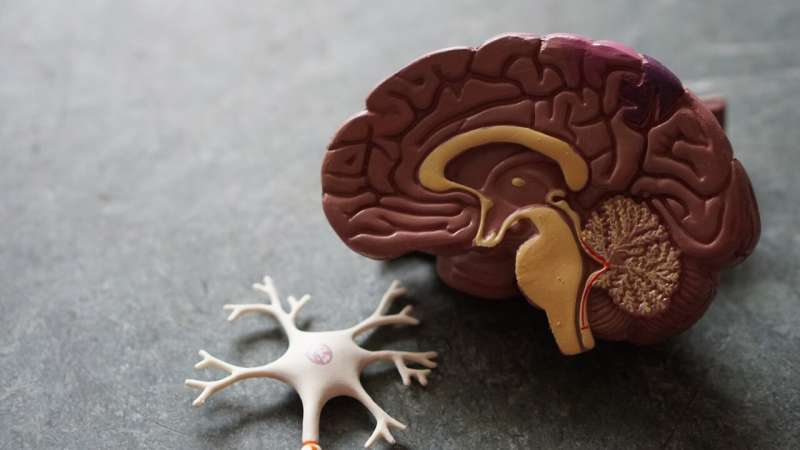RFK Jr. Dismisses Entire US Vaccine Advisory Panel Over Alleged Conflicts of Interest

US Health Secretary RFK Jr. has dismissed the entire vaccine advisory panel over conflicts of interest, raising concerns about vaccine safety and independence. This move sparks debate on trust and transparency in public health decisions.
In a move announced on June 10, 2025, US Health Secretary Robert F. Kennedy Jr. has dismissed all 17 members of the Advisory Committee on Immunization Practices (ACIP). The decision was publicly conveyed through an op-ed in The Wall Street Journal and an official press release, citing concerns over conflicts of interest among the panel members. Kennedy, who has a long history of promoting vaccine misinformation, argued that the panel had been compromised by financial ties to pharmaceutical companies and had become a mere rubber stamp for vaccine approvals.
Kennedy emphasized that restoring public trust in vaccination policies is paramount, asserting that unbiased, transparent science should guide health recommendations. He described the current panel as plagued with conflicts and lacking independence, alleging it favours vaccines without adequate scrutiny. To replace the ousted members, new experts are under consideration, all of whom were appointed under the Biden administration.
The decision has generated mixed reactions. Critics like pediatrician Paul Offit and the American Academy of Pediatrics accuse Kennedy of silencing independent medical expertise and undermining vaccines, which are crucial for public health. Kennedy's shift from environmental law to public health advocacy began in the mid-2000s, where he became known for spreading false claims linking vaccines to autism, and has since taken controversial stances on COVID-19 vaccines and other immunizations.
This controversy is especially significant given the recent measles outbreak in the US, which has resulted in three deaths and over 1,100 confirmed cases—a number believed by experts to be underreported. Concerns are also raised about the potential fragmentation of vaccine policy and risks of politicization, following historical instances of independent vaccine panels forming in response to political pressures.
The upcoming ACIP meeting scheduled from June 25 to 27 at the CDC headquarters will explore various vaccines, including those for anthrax, COVID-19, HPV, influenza, and Lyme disease. The ongoing debate highlights the tension between vaccine advocacy and the need for independent scientific oversight to ensure public confidence in immunization programs.
Stay Updated with Mia's Feed
Get the latest health & wellness insights delivered straight to your inbox.
Related Articles
Denver Resident Becomes Seventh Measles Case Linked to DIA Outbreak Following International Flight
A recent measles case in Denver is linked to an international flight, marking the seventh case in Colorado related to a DIA outbreak, highlighting ongoing transmission risks and the importance of vaccination.
Advancements in CRISPR Screening Enhance CAR NK Cell Cancer Therapies
Innovative CRISPR screening has identified key genetic targets that can improve the efficacy of CAR NK cell therapies against multiple cancer types, opening new avenues for cancer immunotherapy.
Revolutionizing Tissue Repair: Suture-Free Solutions for Better Healing
Innovative biopolymer technology from MIT enables surgeons to perform tissue repairs without sutures, promising less trauma and improved healing for patients.



